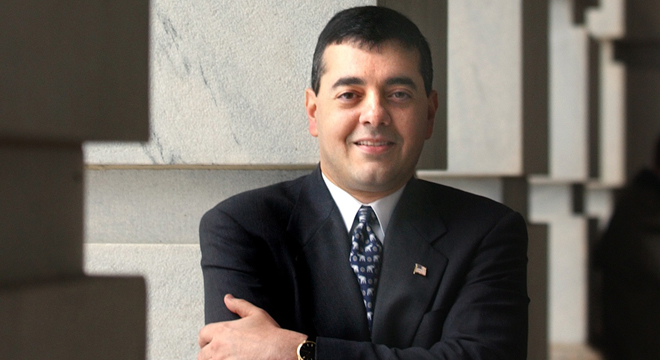In 2011, prosecutors in Florida went as far as to prepare a “draft” complaint against Rep. David Rivera (R-FL), which included 52 counts of theft, money laundering, and racketeering, before the investigation ultimately stalled.
In April, the Miami-Dade State Attorney’s Office released a “close-out” memo in the investigation, after determining that ambiguities in Florida’s campaign finance laws and the statute of limitations prevented any prosecution. (The memo observed that an “elected official over a period of many years may essentially live off of a combination of contributions made in support of public office candidacies, contributions made in support of internal political party position candidacies, and indirect payments made as a consideration for efforts as a political strategist while avoiding penal sanction.”) New documents obtained by The Miami Herald show how close the first-term Republican Congressman came to being arrested, and offer more details about why nothing ultimately happened.
In the summer of 2011, officials appeared to be closing in on Rivera.
“The State Attorney expects to see at least a rough but completed arrest warrant sometime by the end of next week,” prosecutor Jose Arrojo wrote in an email on August 5, 2011.
A month earlier, on July 5, Florida Department of Law Enforcement inspector Brett Lycett had written in an email that the investigation “unequivocally explains the theft and/or fraud of campaign funds… We believe the violations are quite evident.”
But on August 23, Rivera and his attorney, Michael Band, met with officials. At the meeting, Rivera defended his campaign reimbursements, saying, for instance, that checks from his campaign were not tied to credit card bills during any given month.
“When I’m reimbursed, it doesn’t mean reimbursed for that month,” Rivera reportedly told investigators.
After that meeting, the investigation apparently slowed. On October 12, Arrojo sent an email to Rivera’s lawyer, offering a deal: if Rivera admitted to state election law violations, there would be no criminal charges.
“We are pretty much done with our review of this matter,” Arrojo wrote.
Rivera rejected the offer.
By late fall, investigators were urging prosecutors to act before it was too late.
“While I appreciate the need for careful deliberation in matters such as this, I am concerned that the statute of limitations may become an issue if a decision regarding prosecution is further delayed,” FDLE Commissioner Gerald Bailey wrote to Miami-Dade State Attorney Katherine Fernández Rundle on November 3, 2011.
According to the Herald, “the state attorney did not respond for more than two months. Rundle later told Bailey the letter was misplaced over the holidays.”
After not hearing from prosecutors for months, the FDLE closed its investigation in March. A month later, the State Attorney’s Office did the same.
Rivera has maintained all along that he did nothing wrong. But while the local probe appears finished, he still faces an investigation by the FBI and the IRS over a half-million dollar payment made by a Florida dog racing track to a company connected to his mother and godmother.
Read the rest here.






